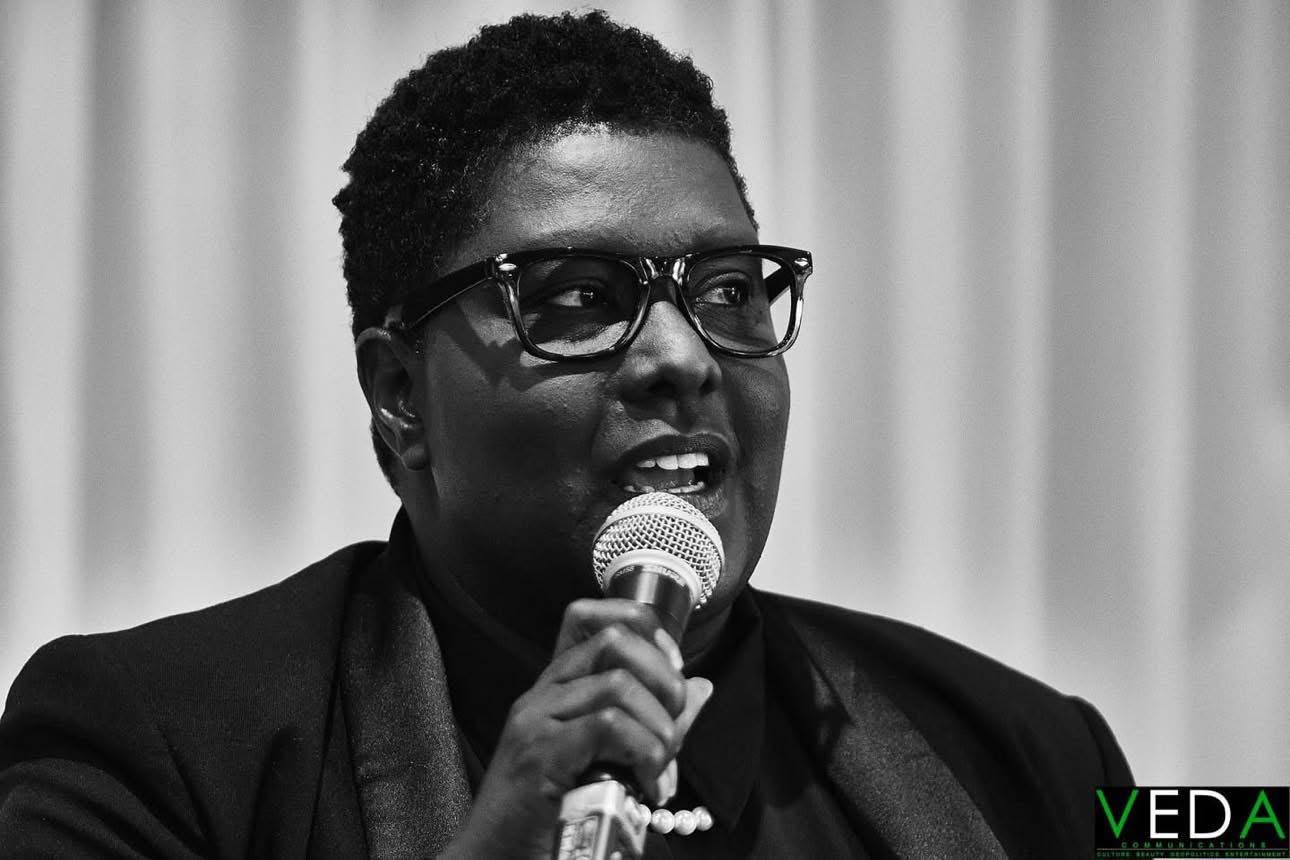Although I am a Jesus follower, I am often asked why I do not call myself a Christian. It is simply because of spiritual abuse. Spiritual abuse is a term that has gained increasing recognition in recent years, yet many people still struggle to define it or understand its implications. In a world where faith and spirituality hold significant influence over individuals’ lives, the betrayal of trust that occurs in spiritual abuse is devastating. In this post, I plan to shed light on what spiritual abuse is, how it manifests, the psychological and emotional impact it has on victims, and how individuals can begin to heal from such experiences.
My Experience with Spiritual Abuse
My experience at one particular church made me question my worth and place within the Christian community. When I first walked into the church, it had a warm, inviting atmosphere. The members greeted me with smiles, and I felt a sense of hope that I might finally find a spiritual home. I was there with my six-year-old son, eager to get involved and share in worship.
The issue arrived when the Pastor found out I was living with my son’s father, but we weren’t married. The pastor told me that because I was living with my son’s father outside of marriage, I was living in sin and I could not be a member of the church, participate in the choir, or take part in the Lord’s Supper. To hear those words from a leader in the church was humiliating. I could feel the weight of their disapproval pressing down on me.
My son’s father and I decided to go to counseling. I hoped that these sessions might help us rekindle the love that had once brought us together. But the more we delved into our relationship, it became more apparent that we had grown apart. Our lives had taken us in different directions. I realized that despite the ten years of history and our son, staying together was not what I wanted. I spoke to my son’s father, the pastor, and the deacon about my feelings. My mind was made up. The deacon gave me a serious expression and called me a “horrible” person.
What Is Spiritual Abuse?
Spiritual abuse occurs when a person in a position of power or authority within a religious or spiritual context manipulates, controls, or exploits others in ways that violate their spiritual beliefs or personal autonomy. Unlike physical or emotional abuse, which is often more overt and recognizable, spiritual abuse can be insidious and subtle, making it challenging for victims to identify.
Some common characteristics of spiritual abuse include:
- Manipulation of Power: Spiritual abuse often occurs when a leader exploits their authority to manipulate followers. This can manifest through demands for absolute loyalty, obedience, or financial contributions.
- Controlling Behavior: Abusers may dictate personal choices, such as relationships, career paths, or even thoughts and feelings. They might instill fear of divine punishment for disobedience or dissent.
- Isolation: Spiritual abusers often isolate their victims from family, friends, or other support systems that might encourage critical thinking or provide alternative perspectives.
- Guilt and Shame: Victims may be made to feel guilty for questioning authority or expressing doubt about the teachings they receive, creating a cycle of shame that can be difficult to break.
- Misinterpretation of Scriptures: Some leaders may twist religious texts to justify their abusive behavior or to control their followers, distorting the original meaning to suit their agenda.
Signs of Spiritual Abuse
Understanding the signs of spiritual abuse is crucial for identifying it in oneself or others. Here are some red flags that may indicate spiritual abuse:
- Fear of Authority: Victims may live in fear of their spiritual leaders, feeling compelled to follow directives without question.
- Lack of Autonomy: Individuals may feel their choices are limited, with leaders making significant decisions on their behalf.
- Constant Guilt: Individuals may feel an overwhelming sense of guilt for not meeting the expectations set by their spiritual authorities, leading to feelings of unworthiness.
- Isolation from Outsiders: Victims may be discouraged from associating with those outside the group, leading to a sense of loneliness and dependence on the controlling environment.
- Confusion about Faith: Those experiencing spiritual abuse often feel disconnected from their faith, questioning their beliefs and spirituality as a result of the manipulation they endure.
The Psychological Impact of Spiritual Abuse
The impact of spiritual abuse can be profound and long-lasting. Victims may experience a range of psychological effects, including:
- Loss of Faith: Many individuals who endure spiritual abuse struggle with their faith and spirituality, often leading to a complete loss of belief. They may feel betrayed by a higher power they once trusted.
- Low Self-Esteem: The guilt and shame instilled by spiritual abusers can diminish an individual’s self-worth, causing them to doubt their abilities and worthiness.
- Depression and Anxiety: Victims may experience depression, anxiety, panic attacks, or other mental health issues resulting from the manipulation and control they face.
- Trust Issues: Experiencing betrayal from someone in a position of spiritual authority can lead to deep-seated trust issues, affecting relationships beyond the spiritual context.
- Post-Traumatic Stress: In severe cases, individuals may experience symptoms of post-traumatic stress disorder (PTSD), such as flashbacks, nightmares, and heightened reactions to triggers related to their abusive experiences.
Healing from Spiritual Abuse
Recovery from spiritual abuse is a process that takes time, understanding, and supportive resources. Here are some steps individuals can take to begin healing:
- Acknowledge the Abuse: The first step toward healing is recognizing and acknowledging the abuse. This may involve reflecting on one’s experiences and validating feelings of hurt, anger, and betrayal.
- Seek Support: Connecting with supportive friends, family members, or a therapist who understands the complexities of spiritual abuse can be immensely helpful. Communities that prioritize healing and understanding, such as support groups or therapy groups, can provide comfort and insight.
- Reevaluate Beliefs: It can be beneficial for survivors to explore their beliefs independently, without the influence of past abusive authorities. This might involve studying various spiritual or philosophical teachings to find a path that resonates with their values.
- Establish Boundaries: Learning to set boundaries is essential for healing. Individuals should prioritize their well-being and create distance from voices that evoke feelings of guilt or shame.
- Practice Self-Compassion: Survivors should remember to be kind to themselves throughout the healing journey. Recognizing that healing is not linear and allowing oneself to feel a range of emotions is crucial for recovery.
- Explore New Spiritual Pathways: For those who wish to reconnect with spirituality, exploring new faith communities that emphasize love, inclusion, and support can be a nurturing experience. Finding a space that resonates with one’s values can offer a safe environment for spiritual growth.
Conclusion
Spiritual abuse is a serious issue that can impact individuals profoundly. By understanding its characteristics, recognizing the signs, and embarking on a journey of healing, victims can reclaim their autonomy and faith. It is crucial that Faith communities foster environments of support, love, and accountability to protect against spiritual abuse. By prioritizing compassion and understanding, we can work towards creating spaces where individuals feel empowered to grow in their spiritual journeys without fear or manipulation.
It’s vital to remember that healing takes time, and there is no one-size-fits-all approach. Each person’s journey is unique, but through shared stories and support, survivors can find hope and strength on their path to recovery.










